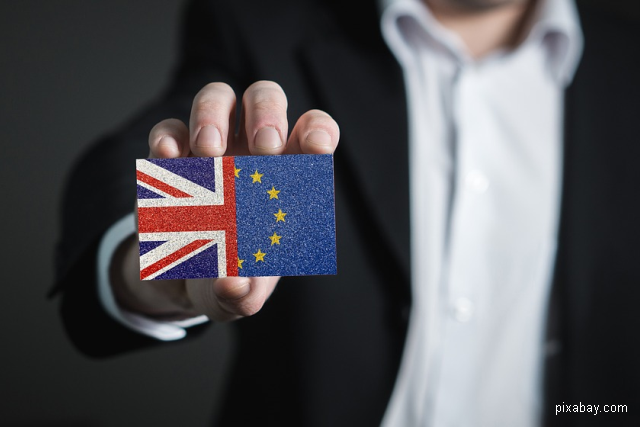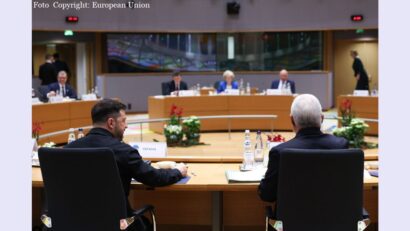Brexit, a never-ending story?
Nearly three years after the Brexit referendum, it's still unclear where the UK is headed

Bogdan Matei, 15.03.2019, 13:37
An
unprecedented occurrence in the history
of the EU, Brexit now seems much harder to manage than any number of EU
expansions. For three years now, Brexit has paralyzed London, encumbered
Brussels and caused unrest and confusion everywhere. On June 23, 2016, some
17.5 million Brits, out of a population of over 66 million, voted in favor of
their country leaving the community bloc. They accounted for less than 52% of
the total voter turnout. At the time, voting intentions were contrasting:
Scotland, Northern Ireland and London voted to stay, while big industrial
cities in England, rural areas and Wales voted to leave.
The then Conservative
Prime Minister David Cameron, an advocate of his country staying in the Union
and the man who organized the referendum, resigned shortly after the result of
the referendum became clear. Next to replace him was Theresa May, a Eurosceptic
by continental standards, yet one who voted against Brexit. She has since been
managing this hot topic, trying to strike a balance between the EU’s demands
and the expectations of her fellow citizens, be they pro- or anti-Brexit.
Two
years ago, Theresa May announced the UK could no longer be part of the EU
single market, as that no longer fitted London’s clampdown on immigration.
Subsequently, the British Prime Minister and the European Commission President
Jean-Claude Juncker reached a preliminary agreement on three essential aspects
of Brexit: financial regulation, the rights of EU citizens in the UK and of
British citizens in Europe and the Irish border. That did not satisfy the
British Parliament though, which has repeatedly voted against an agreement with
the EU, which might postpone the deadline for Brexit, originally slated for
March 29.
On a visit to Bucharest on Thursday, the EU Chief Negotiator for
Brexit Michel Barnier said no one has yet succeeded to prove to him the
benefits of Brexit, and Parliament’s second negative vote on Prime Minister
May’s negotiated agreement is complicating things even more. This is a
lose-lose situation, the EU official said, saying however that the Union
respects the decision of the majority of British people.
On the other hand, Romanian
President Klaus Iohannis, Prime Minister Viorica Dancila and Minister Delegate
for European Affairs, George Ciamba all seemed to agree on the importance of
guaranteeing the rights of the over 400,000 Romanian citizens living in the UK
in case of a no-deal Brexit. The Government in Bucharest will make sure the
rights of the British citizens in Romania are observed, the Foreign Ministry has
stated. Political pundits say that, irrespective of the bureaucratic confusion
created by Brexit, Romanian-British relations remain strong. Also, the two
countries will remain allies as part of NATO after the UK leaves the European
Union.






























